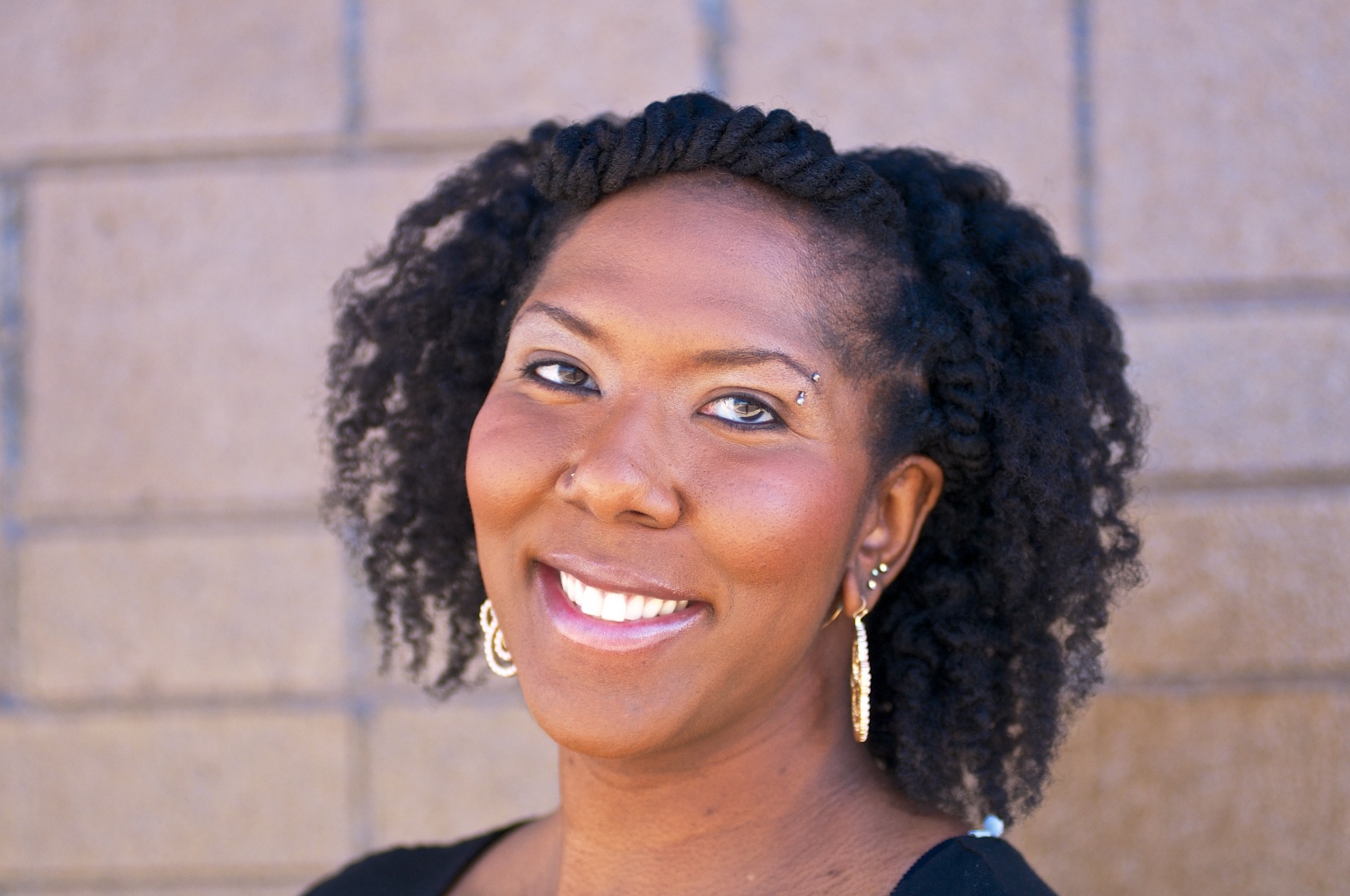Trump Will Be President and Now It’s Time to Get to Work
By: Jenn M. Jackson
Guest Editorial
On November 8, voters went to the polls to elect Donald J. Trump the 45th President of the United States. There was overwhelming sentiment that Trump would lose to Democratic candidate Hillary Clinton. However, after state election results began to roll in, the outcomes told a very different story. Now, the question on many people’s minds is “What’s next?”
Perhaps the most important bit of information pertaining to election outcomes this year is that this is the first presidential election since the 1965 Voting Rights Act was stripped of key provisions by the US Supreme Court. This unprecedented act by our nation’s greatest judicial body has ushered in a host of voter suppression tactics, including the requirement of IDs, harsher stipulations around when voters may register, and even limited the hours for polling places to remain open on Election Day. There is no doubt that these new restrictions affected the voter turnout for racial minorities, young people, and other individuals who typically do not have the same time and access as their wealthier, more well-connected peers.
Nevertheless, voter suppression wasn’t the only issue this year. Donald J. Trump ran a particularly vitriolic campaign, one riddled with hateful speech about women, people with disabilities, people of color, immigrants, and so many others who have different identities than his own. In fact, some have even attributed his campaign choices with a resurgence of racially-based aggression towards Muslim Americans, reaching its highest point since the post-9/11 era.
These political conditions have set a new terrain for the electoral process and signaled to many people in communities of color that their votes, opinions, and humanity don’t matter. Yet, there is so much work to do following this cataclysmic event.
First, start working with community organizations whose goals include voter registration and education. One of the most significant influences on voting is interaction with others who support and encourage participation among all groups.
Second, facilitate dialogue within those communities that are marginalized by the political process. This includes the poor, working class people of color, young people, women, and the elderly. Encourage them to remain involved in the political process during each election cycle, even when the presidential office is not up for contestation. Important local and statewide ballot initiatives often land on off-cycle elections and turnout is usually very low in these seasons. To say “every vote counts” is an understatement.
Third, contact your local legislators to learn more about the issues they support and how it affects your community. Being aware of their positions assists in making informed decisions of support.
Lastly, don’t forget that each of us holds some power in the electoral process. Whether through the Get Out the Vote initiatives or community outreach in our own neighborhoods, we have accountability to one another to ensure that everyone has a voice. Don’t lose faith in the electoral process because of this setback. Rather, use this opportunity to examine the ways that we can activate others in our networks to move our nation forward.
Jenn M. Jackson is a Ph.D. student at the University of Chicago, a mother of three, and a writer at the intersection of politics, parenting, and pop culture. Learn more about her at her website:www.jennmjackson.com.





